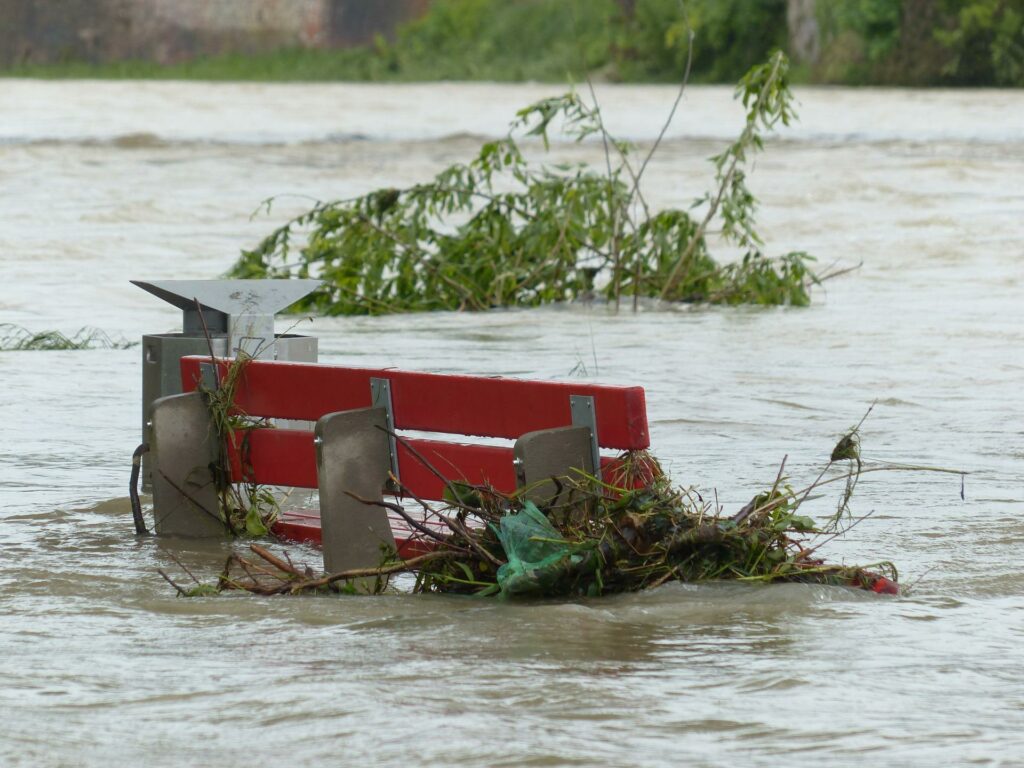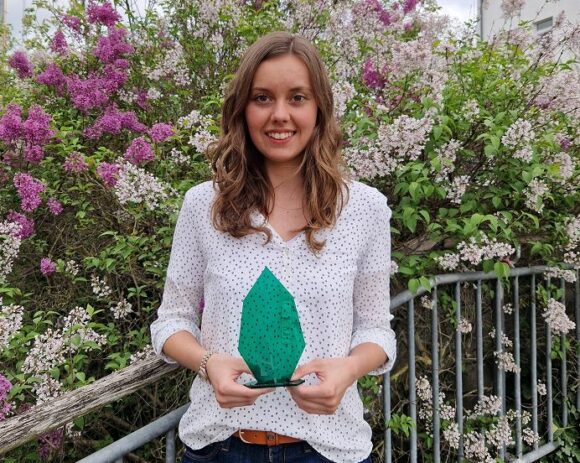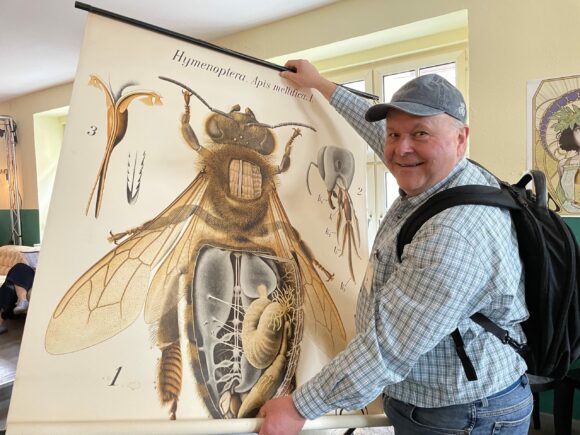Climate change and its often devastating consequences are omnipresent worldwide. In the coming year, a project at Hof University of Applied Sciences will now focus on the concrete consequences for rural areas in the region of Upper Franconia. Researchers at the Institute for Water and Energy Management (iwe) want to develop a concept for regional climate adaptation that can compensate for periods of drought and heavy rain in water management, among other things, by integrating digital elements – a project that is unique to date.

“Smart Sponge Region (SPORE)” is the title of the pilot project launched at the beginning of May and scheduled for completion by the end of October 2023. The name says it all: In the future, the region is to handle its water resources like a sponge, thus laying the foundation for balancing out periods of drought and the increasing heavy rainfall events.
Securing the foundations for humans and animals
“We want to find out what need there is for adaptation to climate change in our region – in terms of agriculture and forestry, but also with a view to water management for settlements,” says project leader Dr. Stephan Wagner, explaining the researchers’ goal. Together with municipalities and companies, among others, solutions are to be developed on the basis of regional forecasts for climate change in order to ensure basic ecological functions and the sustainable use of water resources.
Ultimately, this is about nothing less than securing economic development in the region and maintaining the quality of life for people and animals.”
Dr. Stephan Wagner, Project Manager SPORE
Detailed study of the rural area
The concept of the “sponge region” is based on a systematic investigation of the necessary climate change adaptation of rural areas and their urban centers.

“Upper Franconia will continue to be confronted with drier summers with short intense precipitation in the future. This leads, for example, to drought stress of the trees and there is increased forest dieback, for example, due to bark beetle infestation. Other effects of climate change may include flooding as a result of heavy rainfall, lowering of the groundwater table, crop failure, forest dieback, and forest and wildfires as a result of prolonged drought,” says Dr. Stephan Wagner. It is not yet known how severely the region will be affected and where adaptation measures will be particularly necessary. “For the region of Upper Franconia, the SPORE project will therefore first determine the effects of climate change on the water balance of small-town structures as well as agriculturally used areas and forests. For the most severely affected areas, pioneering and regional solutions for adaptation measures will be developed. These include, for example, the rewetting of forests, the design of water-resilient new housing developments and the recycling of wastewater for irrigation,” Wagner said.

Digitization for better connectivity
“Our project is unique in this form so far – also because so far mostly the effects of climate change on coastal regions or urban regions have been studied,” Prof. Günter Müller-Czygan, who will take over the leadership of the project from July, is also pleased. At Hof University of Applied Sciences, the endowed professor is shedding light on the advancing digitalization of water management as part of many projects, which should also be beneficial in terms of climate change
Some of the climatic changes are already unstoppable today. That is why intelligent and modern solutions are needed to make its consequences as bearable as possible for mankind. Digitalization creates networking and provides us with a lot of fast information that we can use.”
Prof. Günter Müller-Czygan, future project manager SPORE
Thus, the incorporation of digital elements into water management should lead to strengthening the “sponge function” towards the best possible use of water resources.
Development of three concrete pilot projects
The project itself is divided into two phases. In phase one, Hof University of Applied Sciences develops the concept of the sponge region and identifies the need for climate change adaptation measures. The local competence network Wasser und Energie e.V., which also developed the project idea, is supporting the researchers in setting up the network and identifying needs by organizing and conducting knowledge transfer workshops. In phase two, five project ideas will then be developed as pilot projects by the university and its partners. Three of the pilot projects are to be developed to the point where implementation following the SPORE project becomes feasible.
Funding
The funding required for the realization of the research project has been successfully applied for from the Wilo Foundation and Hof University of Applied Sciences. In addition to the Kompetenznetzwerk Wasser und Energie e.V. from Hof, Fernwasserversorgung Kronach is also supporting the project.







